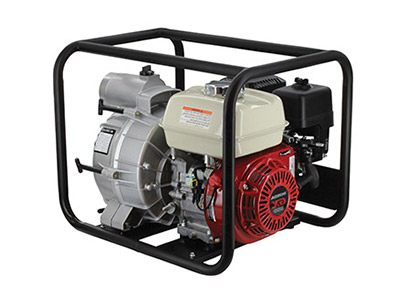nonionic polyacrylamide
The Versatile Applications of Nonionic Polyacrylamide
Nonionic polyacrylamide (PAM) is a synthetic polymer that has gained significant attention in various industrial and environmental applications due to its unique properties and versatility. Composed of acrylamide monomers, this polymer is distinguished by its lack of ionic charge, which imparts a series of beneficial characteristics that make it suitable for numerous applications, particularly in water treatment, agriculture, and various industrial processes.
One of the most prominent applications of nonionic polyacrylamide is in the field of water treatment. As an effective flocculating agent, nonionic PAM helps in the aggregation of suspended particles in water, which facilitates their removal during the treatment process. This is particularly useful in municipal wastewater treatment plants, where the need to achieve high levels of purity is paramount. Nonionic PAM can effectively bind to colloidal particles, enabling their sedimentation and thereby improving the overall efficiency of the wastewater treatment process.
In addition to municipal water treatment, nonionic polyacrylamide finds application in industrial wastewater management. Industries such as mining, paper, textiles, and food processing generate wastewater containing high levels of suspended solids and contaminants. The incorporation of nonionic PAM in treatment protocols aids in clarifying and purifying water, making it safer for discharge into natural water bodies. The polymer's ability to reduce turbidity and enable the long-term stabilization of flocs ensures compliance with environmental regulations while optimizing operational costs.
Another significant area of application is agriculture. Nonionic polyacrylamide is widely used in soil improvement and erosion control. When applied to soil, PAM enhances water retention, which is particularly beneficial in arid and semi-arid regions. This water-retention capability allows crops to thrive under less frequent irrigation. As a soil conditioner, nonionic PAM improves soil structure by reducing erosion and increasing infiltration rates. Healthier soil not only enhances crop yields but also contributes to sustainable farming practices by reducing the need for chemical fertilizers and irrigation.
nonionic polyacrylamide

Moreover, nonionic polyacrylamide plays a key role in the implementation of conservation tillage, a method that conserves soil moisture and reduces erosion
. By applying this polymer, farmers can maintain soil integrity, thus promoting higher agricultural productivity while protecting against land degradation.The use of nonionic polyacrylamide is not limited to environmental applications; it also finds a place in various industrial processes. In the textile industry, for instance, it is utilized as a thickening agent in dye formulations, enhancing the viscosity and stability of solutions. This contributes to better dye penetration and uniform coloration of fabrics. Additionally, in the oil and gas industry, nonionic PAM serves as a viscosifier in drilling fluids, improving the efficiency and safety of drilling operations while minimizing environmental impact.
Despite its numerous advantages, it is essential to handle nonionic polyacrylamide with care. The polymer is derived from acrylamide, a compound that poses potential health risks, including neurotoxicity and carcinogenicity. Therefore, ensuring proper safety measures during its production and application is crucial to mitigate any adverse effects on human health and the environment.
Research into the biodegradability of nonionic polyacrylamide is ongoing, focusing on its long-term environmental impact. As society increasingly prioritizes sustainability, the development of safer, more biodegradable alternatives will play a vital role in the polymer's future applications.
In conclusion, nonionic polyacrylamide is a highly versatile synthetic polymer with a wide range of applications across various sectors, including water treatment, agriculture, and industrial processes. Its effectiveness as a flocculant, soil conditioner, and viscosity agent makes it indispensable in enhancing efficiency and sustainability. However, it is essential to prioritize safety and environmental considerations as its use continues to evolve. By doing so, we can harness the full potential of nonionic polyacrylamide while ensuring the protection of human health and the environment.
-
Water Treatment with Flocculant Water TreatmentNewsJun.12,2025
-
Polymaleic AnhydrideNewsJun.12,2025
-
Polyaspartic AcidNewsJun.12,2025
-
Enhance Industrial Processes with IsothiazolinonesNewsJun.12,2025
-
Enhance Industrial Processes with PBTCA SolutionsNewsJun.12,2025
-
Dodecyldimethylbenzylammonium Chloride SolutionsNewsJun.12,2025





